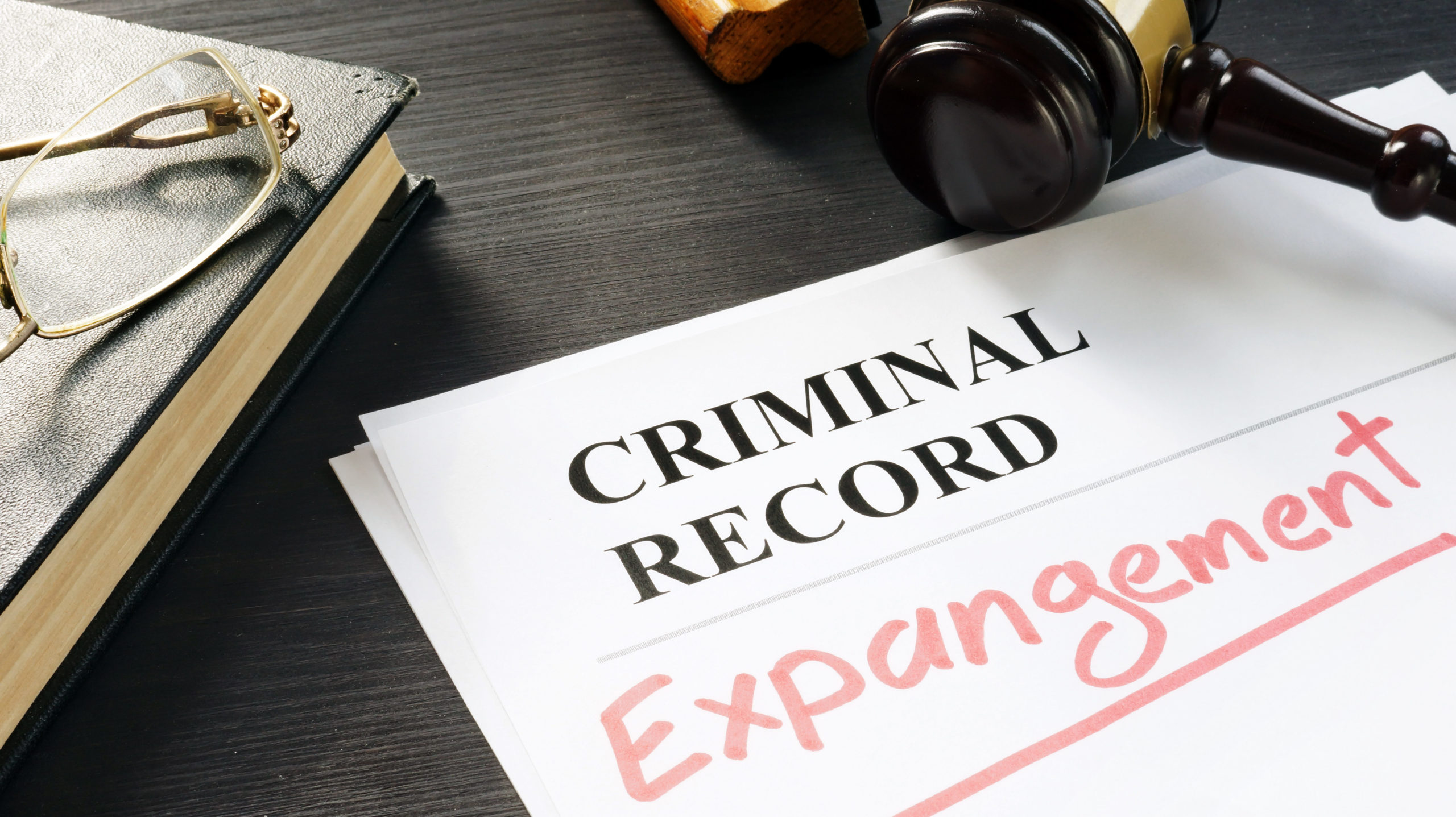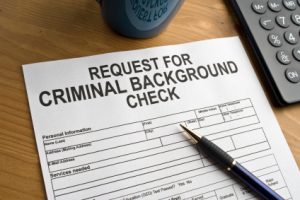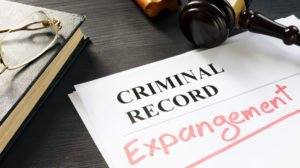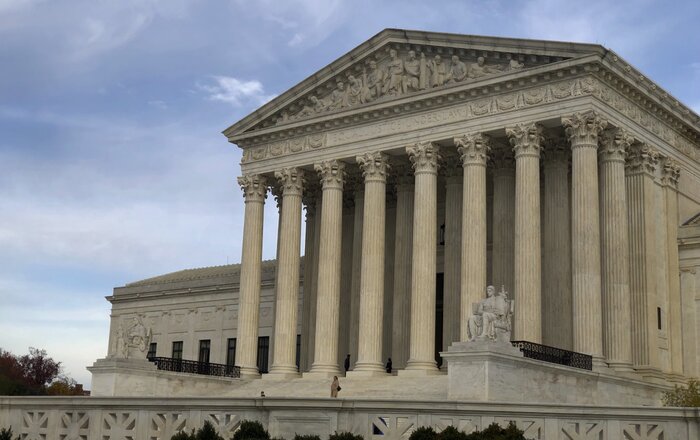
Why Choose Rosenblum Law For Your Expungement
A Fresh Start
Proven Track Record
Our Client Testimonials

Our Expungement Process
Contact our firm
You will be connected with a trained specialist who will ask you questions to determine your eligibility for an expungement.
Step-1We prepare the Petition
Once our team obtains your past dispositions, we will prepare and file the expungement petition on your behalf.
Step-2Prosecutor review
The County Prosecutor and New Jersey State Police review our petition (6-10 months) and decide whether to oppose it.
Step-3Ruling
The petition will go before the Judge for a ruling. Defense counsel may be allowed to argue in favor of granting the petition.
Step-4Database clearing
Once an Order of Expungement is granted, all relevant entities (law enforcement, probation) remove all records from their databases.
Step-5Get a Fresh Start
Contact us to start the expungement process and get a fresh start.
Get A Free Consultation NowYes. An expunged record is not erased. Anyone who receives an expungement but is later charged with another crime could have their record opened by the judge and/or prosecutors, depending on the circumstances. In addition, immigration agencies and military bodies will still have access to expunged records.
" } }] }Frequently Asked Questions
How long does the expungement process take?
The process can take up to a year, depending on several factors, including the offense(s) in question, how old the case is, and whether the prosecutor objects.
Does the expungement process require me to go to court?
It depends. If a hearing is required for the case, an attorney can appear on the petitioner’s behalf. In rare cases, the judge may specifically request the presence of the petitioner. If that is not possible, an attorney can file a motion to request the appearance be excused.
What happens after my record is expunged?
A person who has had their record expunged can legally deny the conviction or arrest ever existed. The records will not be released to the general public
Can my record ever be seen after it is expunged?
Yes. An expunged record is not erased. Anyone who receives an expungement but is later charged with another crime could have their record opened by the judge and/or prosecutors, depending on the circumstances. In addition, immigration agencies and military bodies will still have access to expunged records.
Being charged with or convicted of a crime can have a tremendous impact on one’s life. Not only must the person pay fines and possibly serve jail time but he/she is also left with a criminal record of the arrest and conviction. These records are usually public information that prospective employers, landlords, insurance companies, and other officials have access to. Often, people are denied job opportunities and loans based on their criminal records.
The good news is that in some instances, the records of the arrest and conviction can be expunged. An expungement is the extraction and isolation of an offense that a person was charged with or convicted of in the State of New Jersey (For cases in New York, see our record sealing page). Once expunged these records are no longer discoverable by potential employers or landlords. In most cases, a person whose criminal conviction has been expunged can be entitled to a pistol permit as well as purchasing a firearm in other states but there are some exceptions further discussed in our FAQ.
Call us now for a free consultation: 888-815-3649
We offer flexible payment plans
Getting an expungement is not an easy process and not all crimes and arrests can be expunged. What’s more, the applicant must meet certain requirements and allow for the appropriate waiting periods to pass (see below) before being deemed eligible. It is a good idea to discuss a potential case with an attorney and ask if they can help with this complex process.

Am I Eligible for an Expungement?
Under N.J.S.A. 2C:52-7, a person who has committed only one (or no) indictable offense during the course of his entire lifetime will be eligible for an expungement. In other words, someone who was convicted of two or more indictable offenses cannot seek an expungement except under very specific conditions (see below). Nevertheless, a person will not be disqualified if he/she has five or fewer disorderly persons offenses on their record.
Someone who is eligible for an expungement must also make sure that the offense is one that can be expunged. The following crimes are NOT expungeable:
Offenses Not Eligible for Expungement
Aggravated Criminal Sexual Conduct | Kidnapping |
Aggravated Sexual Assault | Luring or Enticing |
Anarchy | Manslaughter |
Arson | Murder |
Conspiracy | |
Rape | |
Embracery | |
Endangering the Welfare of a Child | Treason |
Attempting to Commit Any of the Crimes Listed Here | |
False Swearing | Aiding, Assisting, or Concealing People Accused of the Crimes Listed Here |
Forcible Sodomy |
Although this looks like an extremely long list, it is crucial to note that simple drug possession, shoplifting, weapons violations, and even burglary are not on the list. This means that each of those offenses (and quite a few more) can be expunged.
How Long Do I Have to Wait Before I Can Have My Criminal Record Expunged?
Except for arrest records that result in a dismissal (which can be expunged immediately) all other offenses and convictions require a waiting period before they can be expunged. Beginning Oct. 1, 2018, New Jersey will put into effect new rules regarding the wait time and other requirements for expungement. Below is a table showing the new requirements and waiting periods necessary before a person can be deemed eligible for an expungement. Remember that anyone with more than one indictable conviction is not eligible for an expungement except in specific circumstances (see below).
New Jersey offers individuals with criminal convictions the chance to clear their record. By filing for an expungement, a person can potentially have their criminal history erased from most public databases and isolated so that only a small handful of authorities can view them. For the most part, those who are granted an expungement are allowed to legally deny certain convictions in most cases. This includes in job applications, when enrolling in school, when applying for insurance, and many other scenarios.
However, not all individuals are eligible for an expungement of their criminal record in New Jersey. The chart below details the kinds of offenses that can be expunged, the requirements to begin filing, any limiting factors, and how long one must wait before filing.
Expungement Waiting Period
Can I Get an Expungement if I Have Already Completed a Pre-Trial Intervention Program?
Starting Oct. 1, 2018, New Jersey will allow expungements of felony or disorderly persons convictions for those who have already completed a Pre-Trial Intervention Program (PTI). Previously, having entered a PTI program made one ineligible to expunge any other convictions unrelated to the PTI charge. This barrier has now been lifted.
Read more about PTI expungements here
How Do I Get My Offense Expunged?
In order to determine if one is eligible for an expungement, he/she may first need to obtain a copy of his/her criminal record. Once it is determined that a person is eligible for an expungement and that the offense can be expunged, an attorney can help make it happen. It is highly recommended that anyone seeking an expungement hire an attorney to help with all of the administrative red tape and any court appearances that may be required in order to get the record expunged.
Doing it alone can result in untimely or improperly filed documentation. This could ruin the chances of getting the right results. Before a person can file for an expungement, there are a few initial requirements that he/she must meet.
N.J.S.A. 2C:52-7 requires an applicant to fulfill any obligations or mandates related to the offense. For instance, he/she is required to wait a specific period of time after the date of conviction (see the chart above), release from prison, payment of a fine, or satisfactory completion of probation or parole (whichever is later) before applying for an expungement of that offense.
After waiting the requisite wait time, the person must fill out a petition for expungement, order for a hearing, expungement order, and proof of notice. All of that must be mailed along with a filing fee to the applicable court. Remember, an expungement can be exactly what a person needs to get their life in order. That’s why it is so important that one get an attorney to ensure the process is done correctly.
Even if a person is fully capable of filling out the forms, it is still extremely important to hire an attorney to maximize the chances of success. Remember: Any documentation that is left out or filed improperly can lead to delays or result in a denial. An attorney with experience applying for expungements will be able to assess eligibility and ensure all forms and other requirements are in order.
Read more on our Comprehensive Guide to NJ Expungements
Expediting Expungements
Many individuals who seek an expungement want their record cleared as soon as possible. This is a reasonable request. Unfortunately, New Jersey does not offer a path to expedite expungements, although there are some ways to avoid delays in the process. Read more about expedited expungements.
NJ Clean Slate Law
On Dec. 19, 2019, New Jersey established a new clean slate law that allows any person who has not had a conviction in more than 10 years to have his/her entire criminal record expunged. Like with any other expungement, the 10-year waiting period begins after the person has satisfied the conditions of any past convictions. The clean slate bill states that there is no limit to the number of indictable offenses or disorderly persons offenses that can be cleared. However, any specific offense that would disqualify a person from a traditional expungement (see above) also disqualify a person from a clean slate expungement. Also worth noting is that someone who has already been granted an expungement can still be eligible for a clean slate expungement if all other criteria have been met.
For now, those who wish to have a clean slate expungement must file a petition. However, New Jersey is in the process of building a process to automate clean slate expungements so that one does not need to fill out any paperwork.
E-Filing of Expungements
Also on Dec. 19, 2019, New Jersey signed a bill authorizing the establishment of ane-filing system for expungements. In offering this option, the state aims to simplify and expand access to the expungement process. The e-filing system works by asking users to input the information required on the relevant legal forms and then generating the necessary forms already filled out with this information. To simplify things further, the system can use any case numbers relevant to the convictions the user wishes to have expunged to pull from New Jersey records any relevant information it can find about those convictions.
Users are also offered the opportunity to input any additional information regarding the relevant convictions that the system may have missed or not had access to, such as out-of-state convictions. Once the user has input all of their information and the forms have been generated, with the user’s consent, the system will then file the forms with the court. It will also electronically distribute copies of the filed paperwork to the relevant government entities. These entities receive copies because they will be charged with destroying records relating to the relevant convictions if the expungement petition is granted. Finally, the electronic system will generate a hearing date, and in the event that the petition is granted, the system will distribute copies of the signed order to the relevant government entities.
It’s important to keep in mind that the e-filing system is nothing more than a convenient tool that is only as good as the information it is provided. One glaring challenge with the e-filing system is that it willnotdetermine one’s eligibility for expungement nor will it stop an ineligible user from filing a petition and triggering a hearing date. If this happens, the prosecutor or the court will almost certainly recognize the person’s ineligibility, and the petition will be denied, resulting in the person having wasted both time and money.
Equally significant, users still have to account for the possibility of their petitions being challenged in court, in which case they will need to convince the judge to grant their petitions.
For these reasons and more, one should consider hiring an attorney when seeking an expungement in New Jersey. An attorney can help to confirm eligibility and ensure the correct information is inputted into the system, and can also counter objections at the hearing by presenting the appropriate legal arguments to convince the judge to clear the person’s record.
Read more onHow to File for an Expungement.
What Are Special Expungements?
Special expungements is an expedited expungement process for specific situations. This includes cases that were dismissed or the defendant was found not guilty; or when a person completes a diversionary program such as a PTI, conditional discharge, or drug court. Special expunges require less paperwork and usually resolve faster. Read more about special expungements in New Jersey.
Can Arrest Records Be Sealed in NJ?
Arrests that do not result in a conviction can be expunged immediately upon being cleared of the charges. the record should seal automatically. If the record does result in a conviction, then the record of the arrest, then any successfully sealing of the conviction will also include the record of the arrest. Read more
Who Should I Contact?
If you or a loved one wants to have their criminal record expunged, contact the attorneys of the Rosenblum Law today. Our skilled criminal defense attorneys have helped many people in similar situations. They will defend your constitutional rights and fight to have your criminal record expunged. E-mail or Call us today at 888-815-3649.
What Happens to Past Marijuana Convictions If and When NJ Legalizes?
On March 12, 2019, Gov. Phil Murphy announced he has reached a deal with the state Senate and Assembly for a bill to legalize marijuana. If it becomes law, New Jersey will allow individuals to expunge most marijuana-related convictions immediately. A petition would still have to be filed but the fee will be waived and many eligibility requirements relaxed. In addition, the bill is expected to include a “virtual expungement” that would ban marijuana convictions from counting against a person for purposes of housing, professional licensing, and education.
More Information:






















